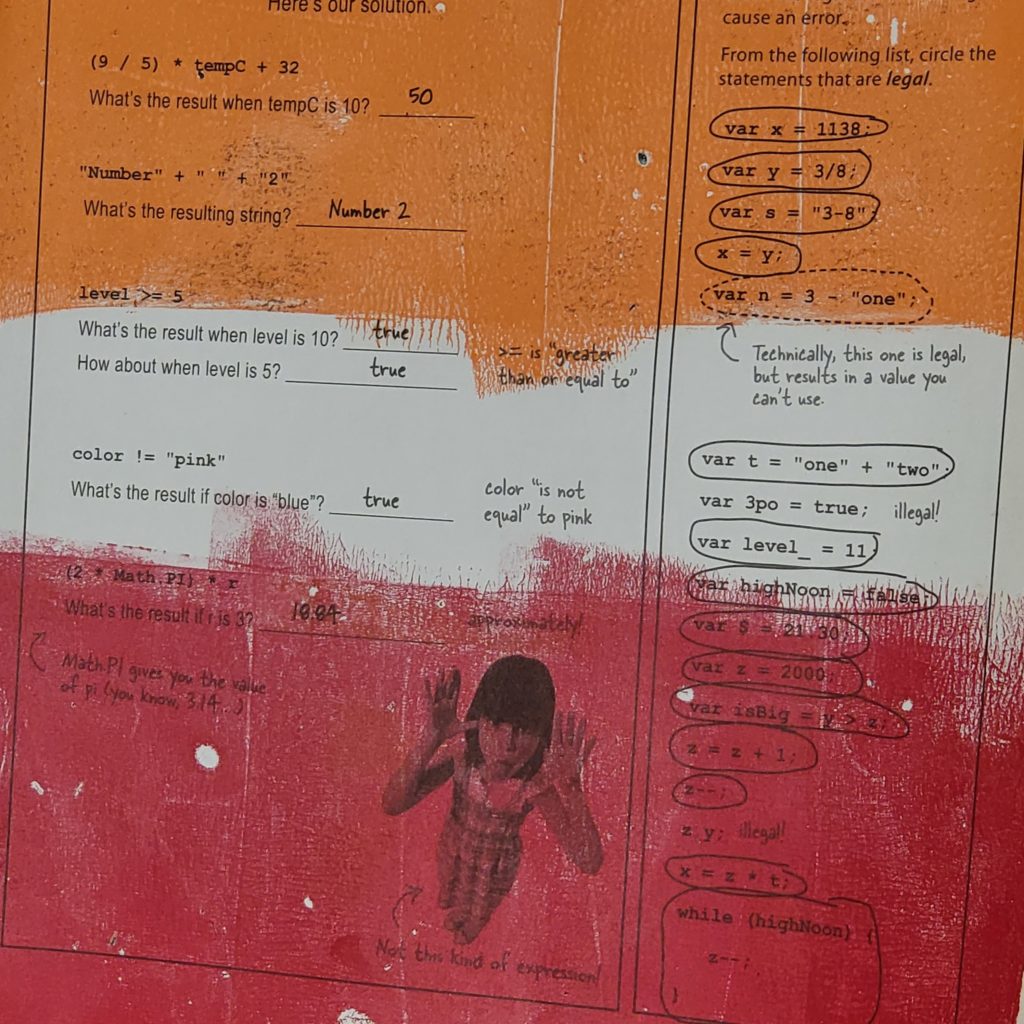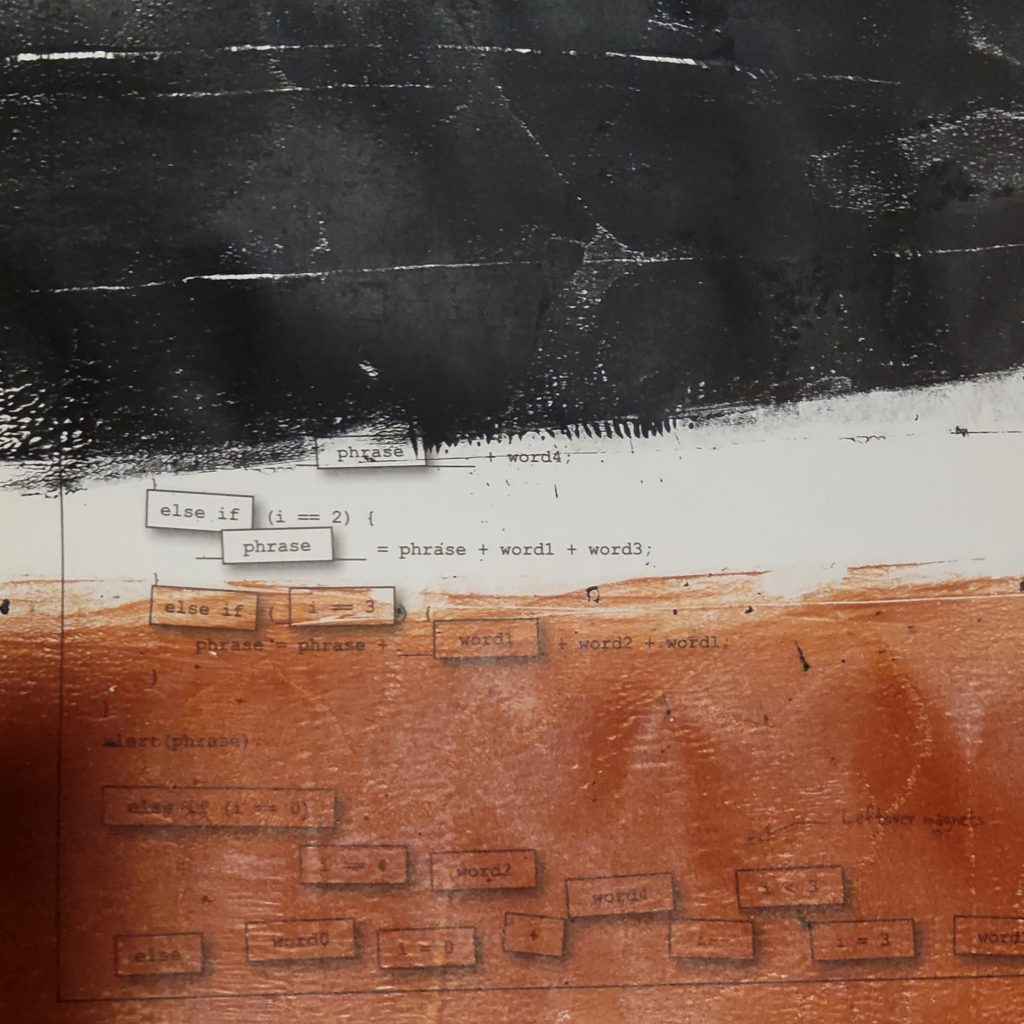More than once, I have said that one of my KPIs for my performance reviews should be “hours of meetings my manager [or coworker] no longer needs to go to.” Usually when I come onboard, I am helping ease a tough workload, and it makes me happy to be able to help.
There are many small ways I try to make the lives of my coworkers easier. Many of these items save more time for my coworker, than they take for me to do. And I believe they are good practice overall.
Send a Link
If I could wave a magic wand and have ONE of these items always happen, it would be this one: SEND A LINK.
So often, I get an email or chat message that refers to an existing document or presentation. If the message does not contain a link to the presentation…in the best case scenario, I type a key phrase into my address bar and my browser’s smart search finds it. In a slightly worse scenario, I cannot locate it easily and have to go digital spelunking.
In the worst case scenario, I have no idea which document or presentation is being referred to, and I have to either figure it out, or ask for a link.
If the message contains a link, I can click it and be there. This saves a lot of time because usually when you’re messaging about something, you are looking at it or recently have looked at it. The link is readily at hand, in your paste buffer, or in your clipboard history (if you’re on a system without a built-in clipboard history, find an app to get one, they’re super handy!).
Give Appropriate Context
Giving a link is a subset of giving appropriate context. This can be difficult to get right; however, there are some bits of context that are usually appropriate. In fact, the previous point – “Send a Link” – is about giving context!
Now, this is something I suffer from on both sides, as I am both an over-explainer and have a terrible memory, and often need a bit more context than people provide. Here’s an example:
Hi, here’s the file we talked about in the meeting we had.
I have a lot of meetings every day, and a terrible memory. I’m really good at writing down “Follow up: X promised me Y report”, and with this I might have to go to my notes if I didn’t remember. However this, only slightly longer, gives me the details I need:
Hi, here’s the report on lineage usage that we talked about in the KPI meeting we had.
Here’s another example. I was going to send our beta program lead a Slack message like this:
Hi! I’m ready to put information into the beta software now. Where do I start?
I realized that she runs lots of beta programs, so I should give her some context:
Hi! I’m ready to put information into PROGRAM for the NEW_TOOL technical lineage beta test. Where do I start?
This may seem trivial, but it can help people decide whether or not to handle your task immediately or wait until later. If I know what that report is, I know if it’s something I need to study, or can just glance at. If I’m doing a pass through my e-mail, and I can glance at the report to get what I need, I’m going to do that right away. Otherwise, if I know I need to study it, or I’m not sure, I’ll save it until after I’m done checking my email for the most important items.
In the most egregious case, I once saw a message where someone said
Look at the first three errors, you’ll find what you need.
This was from someone asking for help, and it’s quite likely they read the error messages and didn’t quite understand what was going on. And in fact, they asked for clarification. What they were looking for was something along the lines of:
It seems like a string was provided as a numerical input.
I suspect the messenger was trying to “teach how to fish”…This could have been done by saying something like
The first three errors are where the problem is – the first one points out the file that had the issue, the second points out the function, and the third, the line number of the problem. It seems like a string was provided as a numerical input there.
For Dates, Specify the Month, Date, AND Day of the Week
When talking about dates, ALWAYS give the day of the week as well as the month and number of the day. Here are some illustrative examples:
Are you free next Thursday for a meeting?
Today is Tuesday…are you asking if I am free to meet in 2 days, or in 9 days?
Are you free June 8th at 3 pm for a meeting?
I have no idea if I’m free on a particular day for a meeting without checking my calendar. This is perfectly reasonable, however, this is better:
Are you free Thursday June 8th at 3 pm for a meeting?
There are 2 reasons this is better. Firstly, I know I have a regular meeting at 3 pm on Thursdays. So instantly I know – I cannot make a Thursday 3 pm meeting.
Secondly – June 8th is Wednesday. June 9th is Thursday. Any date typos are going to be caught very easily if both the date and day of the week exist.
I have been involved in frustrating discussions where an organizer discussed dates at length only to realize in the end that they had typo’d the date originally. It’s so easy to type 8 when you meant 9; it’s much less frequent to type Wednesday when you mean Thursday.
It’s not just for scheduling (which some would argue can be done automatically by applications). Here’s another example:
“The conference is June 13-14th, 2022. Can you make it?”
Is that conference during the week or a weekend? This is something that’s ubiquitous and one of my pet peeves. Please don’t make me look at a calendar if I don’t have to!
Time Zones
Unless you are 100% sure everyone involved is in the same time zone, specify the time zone. Avoid abbreviations if possible – don’t make people look something up if they don’t have to. “3 pm” is not as specific as “3 PM CET”, but much more descriptive is “3 pm Central European Time”.
As well, try to avoid summer time/daylight saving time abbreviations. People often get these wrong. “3 pm EST” when it’s summer in the US looks silly. It likely won’t be confusing to anyone, but it could cause confusion when you’re on the cusp of a time change. “3 pm Eastern US time” is much more accurate.
Note that even though the official time zone is called “Eastern Time”, I put in US, because not everyone knows which east coast this is referring to.
What are your favorite things to help make life a bit easier, ensuring that people love working with you, and also getting information from others faster?







